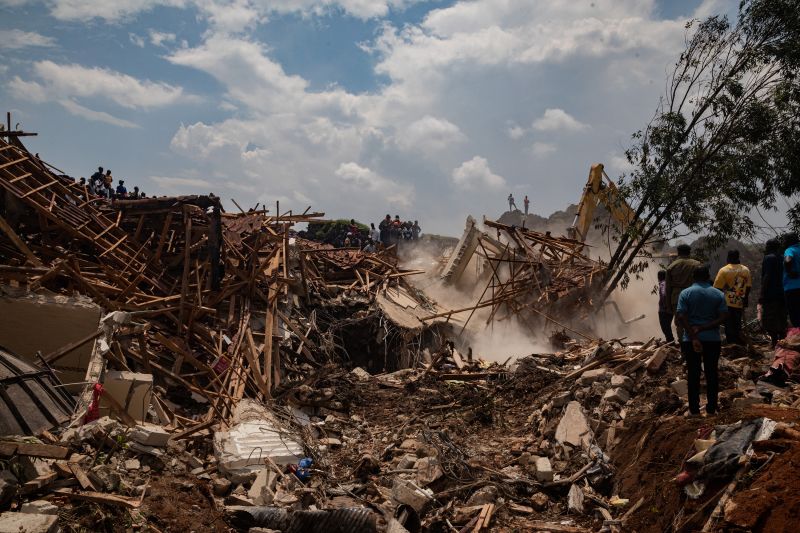The recent tragedy of a landslide at a landfill in Uganda’s capital has left a devastating impact, claiming the lives of eight individuals and injuring several others. This unfortunate incident once again sheds light on the pressing issue of waste management and the associated risks it poses to the environment and human lives.
The reasons behind this tragic event can be attributed to several factors, primarily the improper disposal of waste and the lack of efficient waste management systems in place. Landfills are prone to such disasters due to their precarious nature and vulnerability to natural elements like heavy rain, which can trigger landslides when combined with the unstable waste piles.
Moreover, the location of landfills plays a crucial role in determining the extent of the damage caused by such incidents. Landfills situated in areas prone to natural disasters, such as landslides or floods, are at a higher risk of experiencing catastrophic events like the one in Uganda’s capital.
In addition to the loss of human lives, landslides at landfills also have severe implications for the environment. The waste materials being carried away by landslides can contaminate nearby water sources, pollute the soil, and harm wildlife in the area. The long-term repercussions of such environmental degradation can be far-reaching and difficult to mitigate.
To prevent similar tragedies in the future, comprehensive measures need to be implemented to improve waste management practices and enhance the safety of landfills. This includes regular monitoring of landfill sites, proper containment of waste materials, and the establishment of early warning systems to alert authorities and residents in case of impending disasters.
Furthermore, raising awareness among the public about the importance of responsible waste disposal and recycling can help reduce the burden on landfills and minimize the risks associated with their operation. Community engagement and participation are crucial in creating sustainable waste management practices that prioritize safety and environmental protection.
In conclusion, the landslide at the landfill in Uganda’s capital serves as a stark reminder of the urgent need to address issues related to waste management and environmental sustainability. By taking proactive steps to improve waste management systems, enhance landfill safety, and promote responsible waste disposal practices, we can prevent such tragedies from occurring in the future and create a safer and cleaner environment for all.

